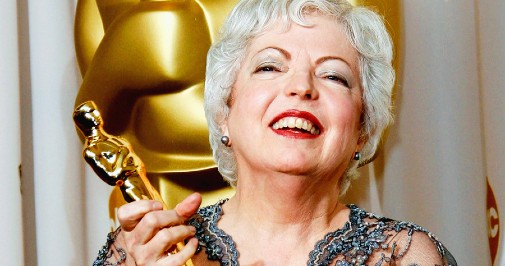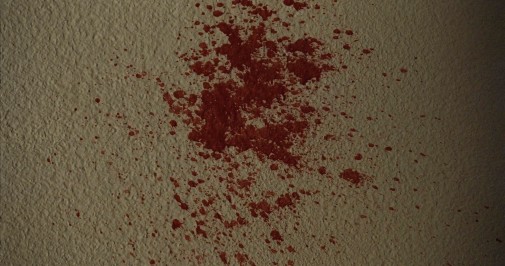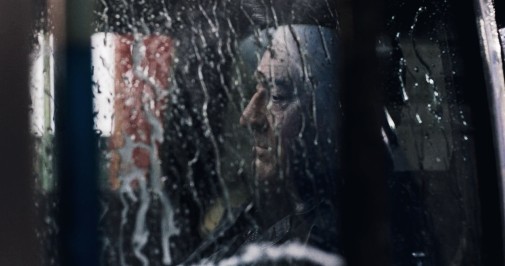
Throughout the History of the Academy Awards, two filmmakers have received eight nominations in the Best Editing category. They are Michael Kahn and Thelma Schoonmaker. They also happen to be among the four people currently tied for the title of 'most awarded film editor of all-time'. Daniel Mandell and Ralph Dawson as well as Kahn and Schoonmaker have all won three statuettes (though Schoonmaker and Kahn lead the nomination tally). Both of those champion editors are still active, so one of them may beat these Oscar records. As of the moment, Martin Scorsese's most important collaborator is in contention to win her fourth Oscar for The Irishman.
If it happens, she'll become the undisputed queen of film editing in Hollywood. In regards to the Academy Awards, that is…

Still, before we talk about records overcome and Oscar monarchy, it's good to consider the work by itself. While some might think otherwise, the length of a film isn't a certain indicator of the judiciousness of its editor. While The Irishman is a titanic enterprise, covering half a century of History in three and a half hours, its pace is a wonder of precision. By no means we're saying you don't feel all those hours - you do. However, that's more of a feature than a fault.
Unlike other Scorsese projects, The Irishman is uninterested in glitzy surface-level pleasures. It's a movie that asks its audience to step inside its languid meditations on memory and regret, drowning each spectator under a waterlog of fatalism. We are meant to feel the weight of passing time, its abrasive touch, its lack of mercy or compassion. What we're not meant to be is bored and Schoonmaker is here to keep us on our toes, cutting dialogues with sharp structures and snappy rhythms, varying the length of scenes so that we never know if we're getting a marathon-length conversation or a fragment of explosive violence, a glimpse of character detail or just a fun bit of food porn.
It's through her cutting that the film gains its peculiarly functional shape, bursting with strange intromissions of memory or moral authority here and there. Notice how we see the film's most unforgivable betrayal in its first moments, way before we're even introduced to the victim whose blood will paint a wall. Or how Jo Hoffa's paranoia is intercut with flames and dynamite, illustrating her fear of starting the car in case someone has made it into a bomb. There's also the question of POV and sightlines. Despite Frank Sheeran being its main character, Schoonmaker and Scorsese rarely privilege his physical perspective on the narrative.
What we get, instead, are numerous scenes where the audience is meant to read the camera placement as a continuation of his daughter's look or even Jimmy Hoffa's. They are The Irishman's moral compasses and it's through their judging eyes we see this world even though it's through Frank's words that we meet it. Like its jumping chronology, the picture's perspective is finely tuned, making this epic a propulsive trip straight to the funeral home. There are remembrances and regret, inflammatory apathy and cruelty, but, at the end of it all, The Irishman is a requiem. Schoonmaker never loses sight of it and it's thanks to her that the final object is so masterfully affecting.

Can Schoonmaker beat the Oscar record? More importantly, does she deserve to?